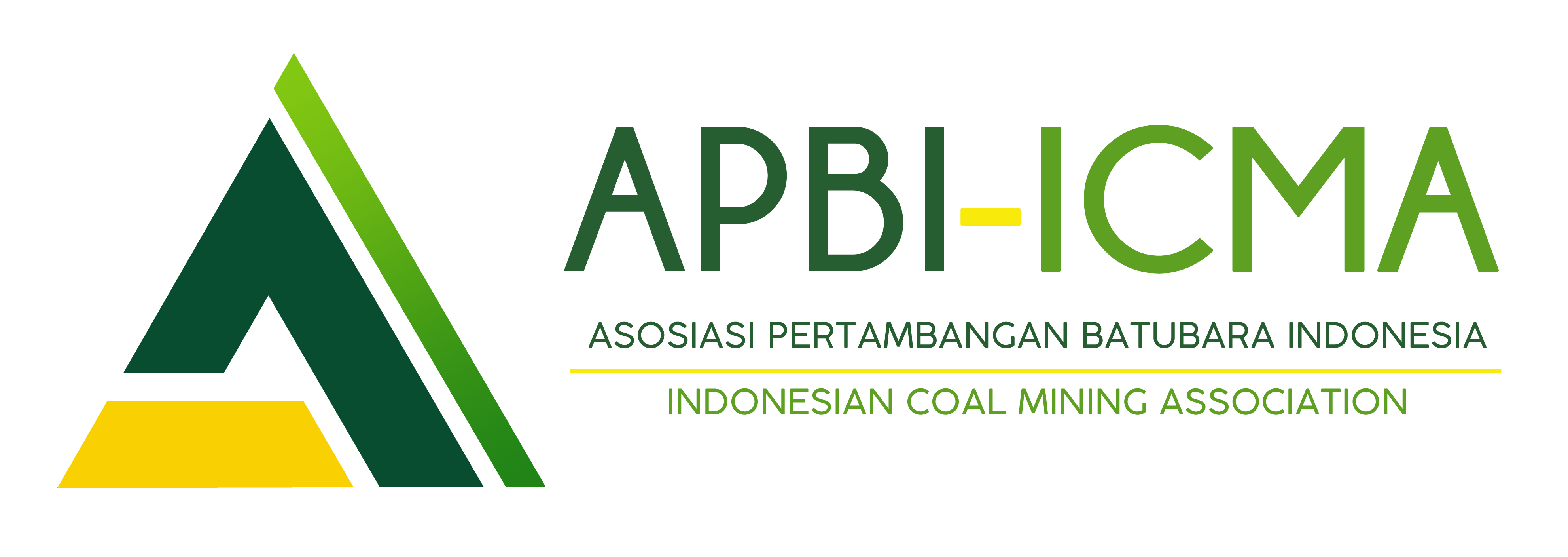State-run coal miner Tambang Batubara Bukit Asam has announced it is halting its exploration activities and will focus on operating its existing mines.
The coal miner, which has seen slowing business amid declining prices and oversupply, announced that the company would not explore any possible additional reserves in the period between October this year and March next year, and would focus on exploration to support production planning and to collect data necessary for daily and short-term production purposes.
Bukit Asam corporate secretary Joko Pramono said the move was not driven by cost-cutting or anxiety about an unfavorable commodity market, but more by the fact that the company had abundant reserves to meet production needs.
“We have enough reserves to supply operation for the next 40 years, so I think for now we can stop exploring,” Joko told The Jakarta Post over the phone.
Bukit Asam’s coal resources, he revealed, stood at 7.29 billion tons, while its coal reserves were at 1.99 billion tons. The company currently produces 20 million tons of coal per year, and in the next five years, annual output is expected to reach 50 million tons.
“That does not necessarily mean that we will stop adding reserves. If we want to we can do so externally through an acquisition.”
The company’s latest acquisition was in May, when it acquired coal miner Tabalong Prima Resources (TPR) and coal transport Mitra Hasrat Bersama (MHB) in a transaction worth US$36 million. TPR operates a 3,145 hectare mining concession in Tabalong, with 292 million tons of coal resources and 109 million tons of mineable coal reserves.
Despite selling a higher volume of coal, Bukit Asam saw its profits fall in the first half of this year as the commodity’s price plunged. The publicly listed coal supplier booked a 31.22 percent drop in net profits to Rp 795.6 billion in the January-June period this year from the same period last year, its earnings dragged down by weak coal prices.
Coal prices have halved in the last two years amid oversupply and declining demand from China, where the economy is slowing and which is trying to combat pollution. Demand from the world’s largest consumer of raw materials fell by 31 percent in the first half, the biggest drop since at least 2009.
Bukit Asam’s coal sales rose mildly by 2.02 percent to 9.03 million tons, resulting in a 1 percent rise in revenue to Rp 6.51 trillion, Joko added.
Bukit Asam produced 8.32 million tons of coal and purchased 0.82 million tons from a third party, reaching a total of 9.14 million tons, up 4 percent on a yearly basis, according to company records. Of that amount, 4.62 million tons were delivered to domestic buyers, while the remainder was shipped overseas.
William Simadiputra from DBS Vickers predicted that Bukit Asam’s earnings would drop by 30 percent on an annual basis to Rp 1.4 trillion, mainly on lower average selling prices and higher cash cost per ton, despite higher sales volumes.
Isnaputra Iskandar from Maybank Kim Eng Indonesia said that he had cut his earnings forecasts for Bukit Asam for 2016 and 2017 by 21.8 percent and 40 percent, respectively, on expected lower sales volume and lower coal prices.
He predicted that the miner would book declining net profits in the next two years, from this year’s estimated Rp 1.4 trillion to Rp 1.39 trillion in 2015 and Rp 1.03 trillion in 2016.






 Visit Today :
Visit Today :  Visit Yesterday :
Visit Yesterday :  Hits Today :
Hits Today :